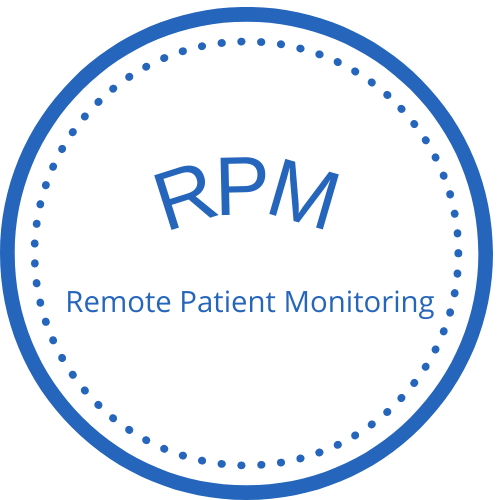- 72 hour eeg cpt code and billing - August 12, 2023
- Weight Loss Medical Doctor that does injections - February 4, 2023
- Digital Therapeutics Company - February 1, 2023
Do blood tests different in geriatric patients when it comes to kidney disease and related aging conditions?
Abstract
Objective:
Anemia is an independent risk factor for morbidity and mortality in an array of disorders common to seniors including cancer, renal disease, and heart disease. The aim of this study was to identify the frequency of RBC abnormalities and the utility of laboratory tests for the detection of anemia and its cause in the hospitalized elderly.Methods:
A prospective analysis was performed on 140 consecutive adults over 65 who had chronic diseases (mean age 72, range 65–80). Laboratory tests included hemoglobin (HGB), hematocrit (HCT), red cell indices, mean cell volume (MCV), mean cellular hemoglobin (MCH), mean corpuscular hemoglobin concentration (MCHC), red cell distribution width (RDW), reticulocyte count (RET), serum iron, total iron binding capacity, and index saturation transferrin (IST).Results:
Only a minority of patients, 33 (23.58%), had normal results for all hematological tests. An additional 16 patients (11.4%) had normal HGB and HCT but low MCV or MCH.Conclusion:
Anemia is common in older, chronically ill adults. Routine anemia screening should be recommended in hospitalized chronically ill adults over 65 years of age, and the World Health Organization (WHO) must redefine anemia by these common parameters.
The Mean Corpuscular Hemoglobin (MCH)
The Mean Corpuscular Hemoglobin (MCH) is a value obtained from a complete blood count (CBC) test. This test provides valuable information about the different components of your blood, including red blood cells. Given your interest in medical and healthcare topics, you’re likely familiar with the significance of blood tests in monitoring health and wellness.
MCH specifically measures the average amount of hemoglobin within an individual red blood cell. Hemoglobin is the protein responsible for carrying oxygen from the lungs to the rest of the body. The MCH value is typically expressed in picograms (pg) and is calculated by dividing the total hemoglobin by the total number of red blood cells.
Interpreting MCH levels involves understanding different ranges:
- Normal Range: The normal MCH value falls within a specific range, and deviations from this range might indicate underlying health issues or conditions.
- High MCH: A higher MCH value than normal could suggest conditions such as vitamin B12 or folate deficiency, as these nutrients play a role in red blood cell production.
- Low MCH: A lower MCH value might be indicative of iron deficiency anemia, where there is insufficient hemoglobin to effectively carry oxygen.
It’s important to note that MCH is just one component of a comprehensive blood test, and its interpretation should be done in conjunction with other parameters like hemoglobin, hematocrit, and red blood cell count.
As someone with a “medical, health, wellness, healthcare, pro-life” perspective, you likely recognize the value of blood tests in assessing and maintaining good health. If you have specific concerns about MCH levels or any blood-related information, it’s advisable to consult a healthcare professional who can provide personalized guidance based on your medical history and context.



